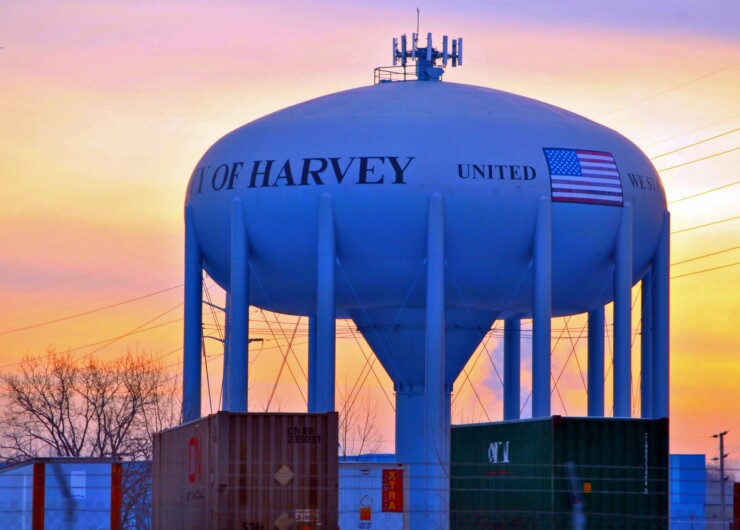Comer Capital Group and Brandon Comer deny that they breached their fiduciary duties as municipal advisor to the Harvey, Illinois Public Library District, telling a federal judge Wednesday that a January 2015 bond offering was tainted by the financially troubled City of Harvey through no fault of Comer's.
Comer’s lawyer, James Kopecky, made that argument in a filing with the U.S. District Court for the Northern district of Illinois, where the Securities and Exchange Commission
“The City of Harvey, through no fault of Comer’s and unrelated to Comer’s fiduciary obligations, tainted the district’s offering,” Kopecky told the court.
The SEC alleged that Comer violated his fiduciary duty to the district by failing to take steps to make sure the district paid a “fair and reasonable” rate, costing the district at least $500,000 in additional interest over the life of the bonds. The district’s $6 million insured offering priced with a 7.1% coupon. It had a triple-B underlying rating.
The SEC alleged that Comer and his firm did not give advice to the district on selecting an experienced underwriter, did not research and find appropriate pricing for the bonds, did not assist with pricing of the bonds and did not negotiate on the district’s behalf.
In the SEC’s telling, Comer deferred many decisions to the district’s chosen underwriter, IFS Securities, which the SEC also charged in an administrative proceeding. The SEC said IFS was not sufficiently experienced in selling bonds similar to the district’s bonds, and that the firm mismanaged the pre-order marketing period and did not attempt to negotiate or find other buyers after accepting a bid with an unreasonably high yield.

The SEC further alleged a conflict of interest created by IFS recommending Comer and Comer subsequently asking IFS to work with the district to increase his fee for the transaction.
IFS suffered an apparently mortal blow not long after the enforcement action, when a
Harvey, a cash-strapped Chicago suburb, has no control over the Library District. Harvey has defaulted on millions of dollars of bonds and was the subject of a 2014 SEC enforcement action. In that case, the SEC took the unusual step of seeking an emergency court order to halt an upcoming bond sale because it alleged the city and its comptroller were diverting bond payments for personal gain and to meet city payroll needs.
Kopecky told the court that Comer had no control over the district, which chose IFS as underwriter before Comer was hired and which had its own counsel in addition to Comer as MA. Further, the defense argues, Comer’s fee increase was justified and properly done due to an increase in the scope of his duties beyond the original agreement. Ultimately, according to the defense, the district’s cost of borrowing was reasonable given the circumstances and nothing within Comer’s power to control harmed the district in any way.
“There is no requirement that the best possible price be obtained for any issuance,” Kopecky told the court. “The district received a fair and reasonable price, and, therefore, Comer did not and could not have breached its fiduciary duty with respect to the pricing of the offering.”
The stakes are high for Comer, who was only 37 at the time the SEC brought the charges. Judgments against individuals in such cases typically result in industry bars which can be effectively career-ending.





